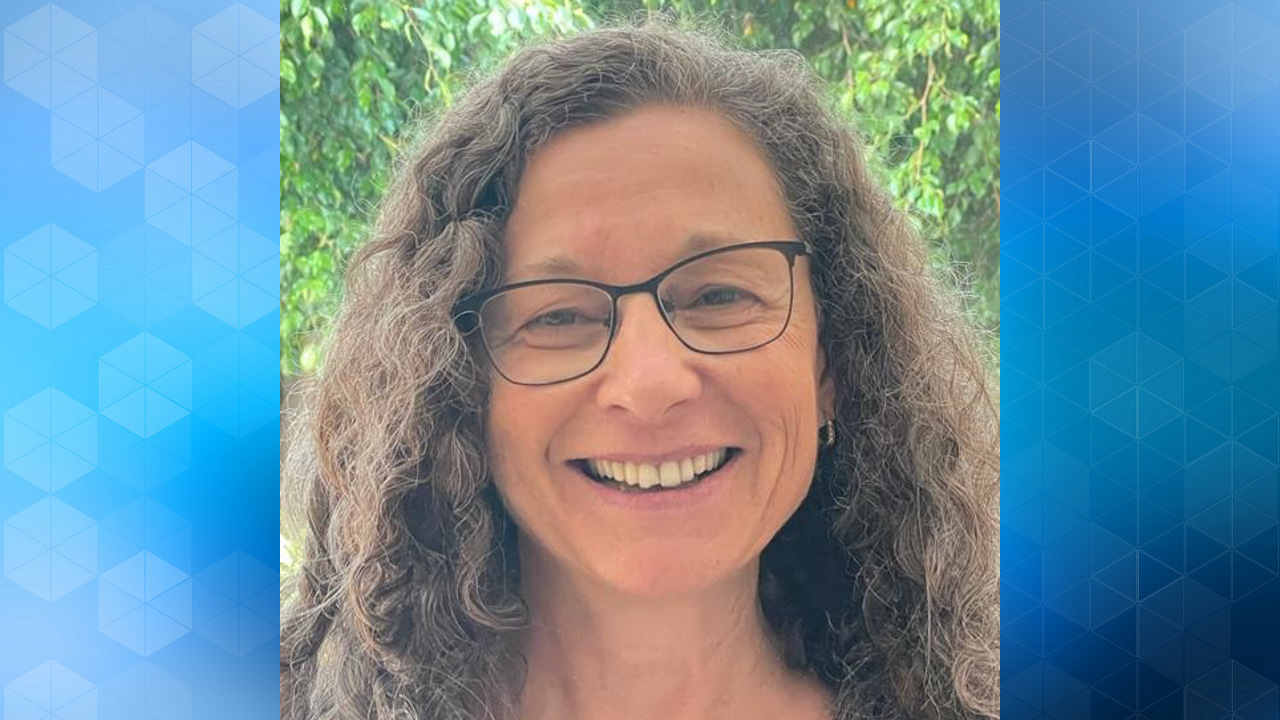Setting
People analytics is an interdisciplinary topic that deals with the application of data science methods and machine learning algorithms for a variety of purposes in the domain of human resources. In Part 1 of this blog, I described a workshop on people analytics applications that I taught to 25 senior undergraduate computer science students at the Blavatnik School of Computer Science at Tel Aviv University, during my sabbatical in the Spring 2023 semester.
In this workshop, the students are expected to choose a topic in human resources, learn the knowledge relevant to their research topic, and examine that topic applying their knowledge in computer science in general, and specifically in machine learning.
This post illustrates the variety of skills that such interdisciplinary research projects enable students to acquire, as expressed in their reflections that were included in the reports they submitted on the research projects they developed during the semester.
Students’ reflections on the learning process undergone during their research.
In this section, I use excerpts from the students’ final project reflections to illustrate the learning opportunities that such interdisciplinary research projects open up for computer science students and the variety of skills they enable students to gain. For each theme, I selected one or two illustrative quotes, either from the group submission or the individual reflection.
In general, the examination of the students’ submissions reveals that the projects enabled the students to expand their zone of proximal development (ZPD). The ZPD is a key concept in Lev Vygotsky’s theory of learning and development, and is defined as “[T]he distance between the actual developmental level (of the learner) as determined by independent problem solving and the level of potential development as determined through problem solving under adult guidance, or in collaboration with more capable peers” (Vygotsky, 1978, p. 86). In other words, the ZPD is the space between what a learner can do without assistance and what he or she can do with an adult’s guidance or in collaboration with capable peers.
In our case, the students were able to expand their ZPD even though it was not a typical project in computer science, as the following quotes indicates (all excerpts are quoted verbatim and have not been edited for language):
- Project #1: This is not the way I’m used to work, as mostly in Computer Science and Mathematics classes you know what you need to do, you know it’s possible, and there’s “only forward” approach. Here, we’ve had to trace back and continue in different directions many times – which was something new for all of us.
- Project #2: This workshop, a venture into the unknown, has fundamentally reshaped my academic journey. It underscored the importance of stepping outside my comfort zone, embracing risk, and working collaboratively to achieve ambitious goals.
The perceived expansion of the ZPD can be explained by the fact that the students were motivated thanks to the ability to select their own research topic; as it turned out, they selected topics that were meaningful and relevant to their lives. And thus, the psychological needs of relatedness, which, according to the self-determination theory (Ryan and Deci, 2000) increases learners’ intrinsic motivation, was fulfilled, as is reflected, for example, in the following reflection submitted as part of one student’s final project.
- Project #6: As a computer science student entering the high-tech industry, I’ve always been drawn to companies that offer unique and exceptional work benefits, so the topic we selected was very relevant to me. While researching the topic of work benefits, I was surprised to find that there wasn’t a lot of data regarding Israel, and I was excited and motivated we had an opportunity to fill this gap. I viewed this as a chance to not only gain knowledge but also share insights with others.
The other two needs – autonomy and competence – that according to Ryan and Deci (2000) increase intrinsic motivation, were also fulfilled due to students’ teamwork with capable and excellent colleagues. The fulfillment of these needs, in turn, also supported the students’ ability to expand their ZPD, as the following quote indicates:
- Project #8: Communication played a pivotal role in our team’s success. As mentioned, at first we struggled with unclear expectations and misunderstandings. However, we quickly recognized the necessity of open and transparent communication. Regular team meetings, brainstorming sessions, and constructive criticism were crucial. This improved our decision-making processes and reduced conflicts. I have learned that clear communication is one of the main pillars of effective teamwork, and I will carry this lesson forward into my future endeavors.
In parallel to the expansion of their ZPD, which focuses mainly on the expansion of knowledge related to the application of machine learning methods for research in human resources, the students developed two kinds of skills: general 21st century skills and professional computer science skills. Tables 1 & 2 summarize the way these skills were acquired as expressed in student reflections, respectively.
Summary
The above analysis reflects how the multifaceted nature of the interdisciplinarity of data science enables to foster both disciplinary knowledge and skills. This conclusion is well expressed in the following reflection written by a student from Team #7:
In summary, the workshop not only expanded my knowledge of people analytics but also enhanced my planning abilities, teamwork, and soft skills. It exposed me to the world of research, agile techniques, data storytelling, and more. I also had the opportunity to get to know fellow students more closely than in other courses and learned a lot from them. I am grateful for the opportunity to participate in this workshop. I plan on applying the skills I’ve acquired in this workshop to my future career in the hi-tech industry as a software engineer and hopefully has a future manager.
References
Ryan, R. M., and Deci, E. L. (2000). Self-determination theory and the facilitation of intrinsic motivation, social development, and well-being. American Psychologist, 55(1), 68–78. https://doi.org/10.1037/0003-066X.55.1.68
Vygotsky, L. S. (1978). Mind in society: The development of higher psychological processes. Cambridge, MA: Harvard University Press.
Orit Hazzan is a professor at the Technion’s Department of Education in Science and Technology. Her research focuses on computer science, software engineering, and data science education. For additional details, see https://orithazzan.net.technion.ac.il/.






Join the Discussion (0)
Become a Member or Sign In to Post a Comment